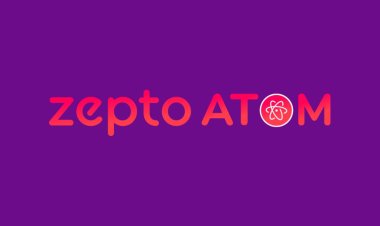India Tightens Rules on Media, Ads, and Financial Influencers
India’s 2024 regulatory shifts: Broadcast Bill, ad self-declarations, curbs on surrogate ads, and SEBI’s actions against unregulated financial influencers reshape industries

The media and advertising landscape in India underwent significant changes in 2024, driven by new regulatory measures and policy reforms. From the proposed Broadcasting Services (Regulation) Bill to strict mandates on advertising practices and a crackdown on financial influencers, the year marked a turning point in compliance and accountability.
Broadcast Bill 2024
The Ministry of Information and Broadcasting (MIB) proposed the Broadcasting Services (Regulation) Bill, 2024, aiming to replace the outdated Television Network Act of 1995. Key provisions included:
- Regulating OTT platforms and categorizing social media and influencers discussing current affairs as digital news broadcasters.
- Expanding the definition of intermediaries to include internet service providers, social media platforms, and online search engines.
- Mandatory registration for digital news broadcasters with standards for content evaluation.
Non-compliance would attract steep penalties, starting at ₹50 lakh for initial violations and escalating to ₹2.5 crore for repeated offenses within three years.
However, after facing backlash, the government withdrew the Bill on August 12, promising a revised version to be tabled in the Winter session following stakeholder consultations.
Self-Declaration Certificates for Ads
On June 4, 2024, the Supreme Court mandated that all advertisements require self-declaration certificates to ensure compliance with regulatory guidelines. The MIB introduced features on the Broadcast Seva Portal for TV and radio ad submissions, while print and digital ad declarations were routed through the Press Council of India’s portal.
Key requirements:
- Ads must avoid misleading claims and adhere to guidelines.
- Proof of certificate submission must be shared with publishers.
Initially applicable to all ads, the rules were later clarified to target only food and health sector advertisements.
Crackdown on Surrogate Advertising
Efforts to curb surrogate advertising intensified in 2024:
- In February, the Advertising Standards Council of India (ASCI) and the Department of Consumer Affairs (DoCA) hosted consultations with stakeholders from restricted categories like alcohol and tobacco.
- In July, new draft rules mandated manufacturers to submit market reports and sales certificates for public scrutiny.
The Food Safety and Standards Authority of India (FSSAI) also introduced bold labeling requirements for salt, sugar, and saturated fat on packaged foods.
In August, penalties up to ₹50 lakh were proposed for companies promoting surrogate ads, with celebrity endorsers facing bans of up to three years. The Ministry of Health and Family Welfare urged the BCCI to prohibit tobacco promotions at cricket events, including the IPL.
SEBI’s Actions on Financial Influencers
In June, the Securities and Exchange Board of India (SEBI) tightened its grip on unregulated financial influencers, prohibiting:
- SEBI-regulated entities like brokers and mutual funds from associating with individuals offering securities-related advice.
- Sharing of client information with financial influencers.
This move builds on earlier regulations targeting unregulated advice and misleading claims in securities marketing campaigns.

 sheetal
sheetal 










